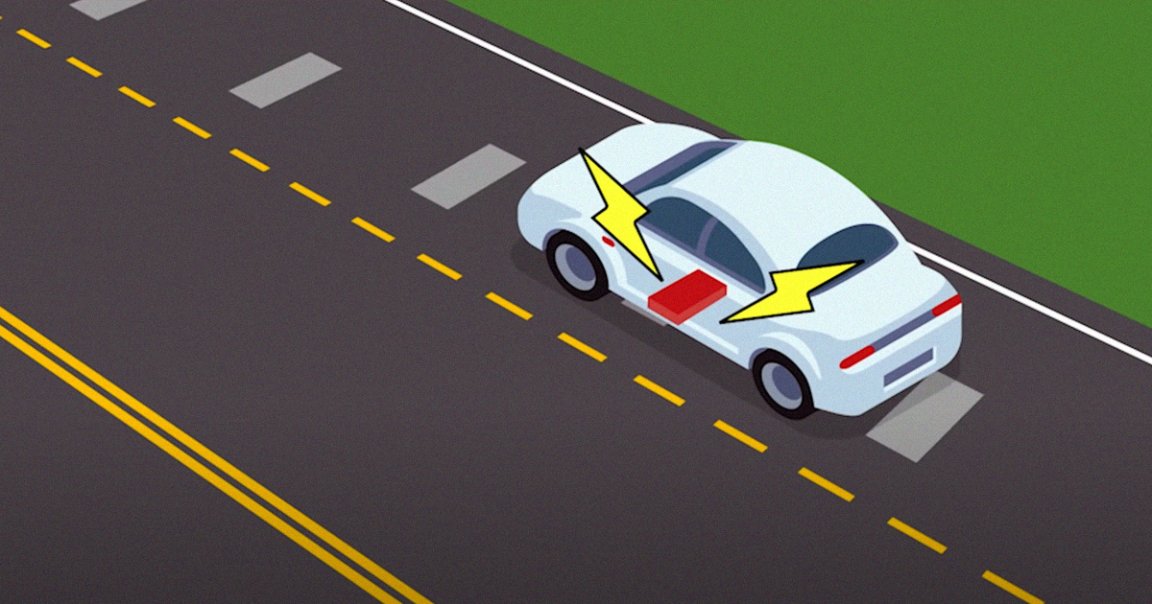
Researchers at Cornell University are developing a special roadway that’s capable of charging vehicles’ batteries as they drive over its surface.
It’s a bright vision of a future in which drivers are no longer tied to individual EV charging stations, allowing them to travel while simultaneously charging their cars’ batteries.
“Highways would have a charging lane, sort of like a high occupancy lane,” Cornell associate professor of electrical and computer engineering and lead researcher Khurram Afridi told Insider.
“If you were running out of battery you would move into the charging lane,” he added. “It would be able to identify which car went into the lane and it would later send you a bill.”
The same technology could even make warehouses more productive, by allow autonomous forklifts and other machines to charge themselves while still in motion.
According to Afridi, such a technology is still at least five to ten years out — but the effects of a wirelessly charging road could do wonders in a growing industry plagued by “range anxiety,” the worry of running out of juice while on the go.
Such roadways would also alleviate pressure on charging infrastructure that is struggling to keep up with demand. Only about 100,000 charging plugs serve some 1.8 million battery-powered cars on US roads, according to Insider.
Expanding such a network is not only costly. It also comes with a variety of other logistical issues.
“The only way people are going to buy electric cars is if they’re just as easy to refuel as combustion engines,” Afridi told Insider. “If we had this [wireless charging] technology the electric vehicles would have even less limitations than traditional ones.”
Afridi’s road works thanks to special metal plates beneath the road connected to a powerline and an inverter. The plates create electric fields that can charge a vehicle’s battery as they pass over one plate after the other.
Plenty of challenges remain before wireless charging roads become the norm. While similar technologies have already caught on in the smartphone world, scaling up the technology to charge entire cars is proving difficult and costly thanks to inefficiencies.
Afridi, however, is hoping that using higher frequencies could be the answer, making wireless charging more feasible.
“Wireless power transfer is based on the same underlying physics used to send messages through radio waves to spacecraft in deep space, things like Voyager,” the researcher said in a statement. “Except now we are sending much more energy across much shorter distances, to moving vehicles.”
In other words, the same frequencies used for deep space communication could be used to transmit power to vehicles over short distances.
As of right now, Afridi and his team have managed to come up with a prototype that can power vehicles from 18 centimeters away.
But building other components has remained a challenge. The future of such a technology is anything but certain — converting existing roadways would require them to be ripped up, a major infrastructure ask.
Nonetheless, it’s an exciting vision that could catapult the adoption of electric vehicles in the US — if it were ever to be realized.
READ MORE: New electric vehicle charging research could allow drivers to power their cars as they drive on the highway [Insider]
More on wireless charging: Carmakers Expected to Roll Out Wireless Car Chargers This Year